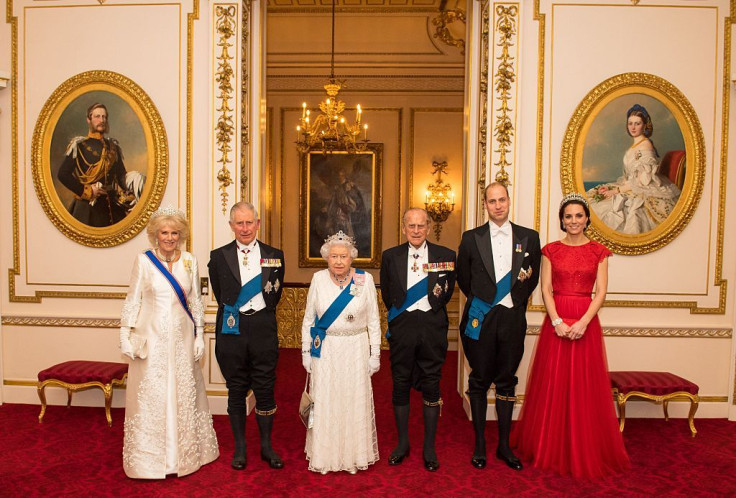
The royal family has been using the surname “Windsor” ever since Queen Elizabeth II took on it in 1917, but their original surname — and the history behind it — may come as a surprise and reveals vital information about the family’s origins. Interestingly, they are not inherently English.
After baby Archie was born, the public’s interest in the royal surname “Mountbatten-Windsor” was renewed. This has been the family name used by all of the Queen’s descendants after Prince Philip lobbied for it to be legislated. Previously, it was simply Windsor — to refer to their House of Windsor, which itself was coined by George V during World War I to replace what used to be a German name.
The royal house used to be “Saxe-Coburg-Gotha,” while the surname they possessed was “Wettin.” The former reflects the name of the German dynasty since Queen Victoria’s husband Albert was a prince there.
The Queen, on the other hand, is German royalty too. She is the last British monarch descendant of the House of Hanover. Since women couldn’t inherit the throne, their eldest son, Edward VII, was considered the first British monarch from the House of Saxe-Coburg-Gotha, which itself was a branch of the House of Wettin. Confused?
The actual surname Wettin was not used or altered even as it passed from the original House of Wettin to the House of Saxe-Coburg-Gotha. This changed after an overwhelming anti-German sentiment swept across Britain during World War I, prompting the monarchy to distance itself nominally from its Germanic roots. It didn’t help that German forces employed bombers called “Gothas” during their night raids in London.
King George V’s private secretary, Lord Stamfordham, thought of the name Windsor, which takes after the name of their residence, the Windsor Castle. The other name, Mountbatten, is an anglicized form of Prince Philip’s surname, Battenberg, which came from the royal house of his mother, Alice. The invisible surname, Wettin, remained out of the question.
“Since the Saxe-Coburg family belonged to the House of Wettin in the District of Wipper, Wettin or Wipper might be more appropriate,” historian Anne Edwards wrote on her book “Matriarch: Queen Mary And The House Of Windsor.” “Either one could have passed for an English name, but both were considered ‘unsuitably comic,’” she continued.
© 2025 Latin Times. All rights reserved. Do not reproduce without permission.




